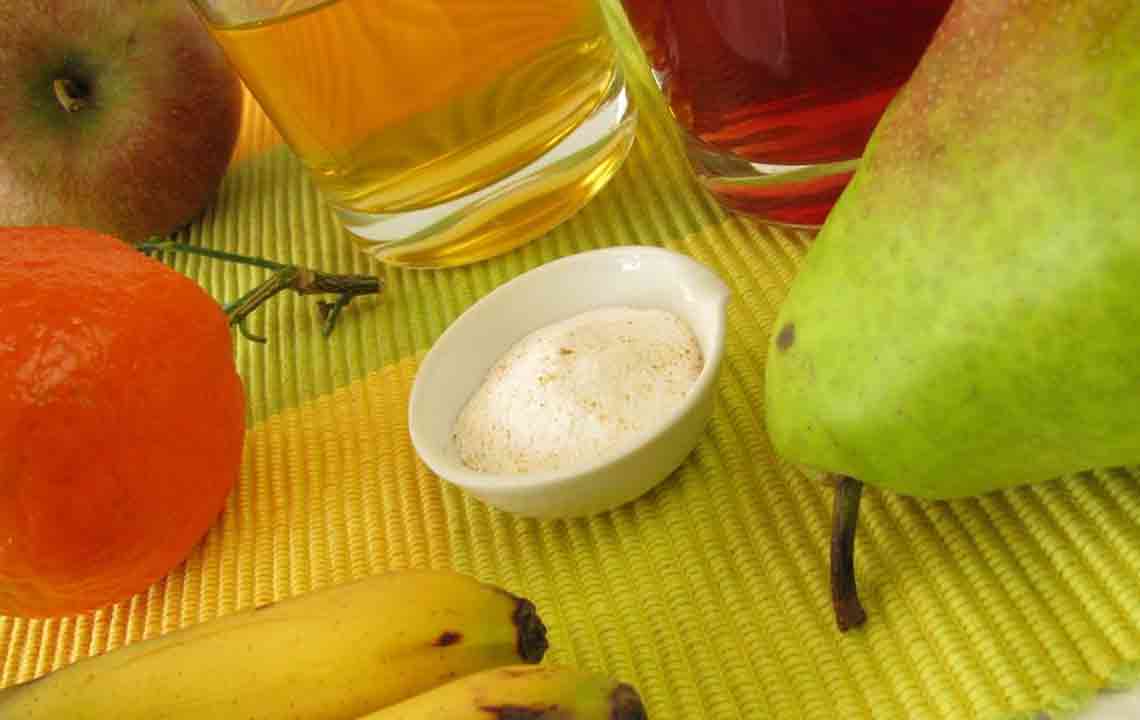All You Need to Know about Probiotics and Its Benefits
Bacteria are usually associated with diseases. However, the fact is that not all bacteria are harmful to our bodies. In fact, both good and bad bacteria are naturally found in our body. While the bad bacteria may cause diseases, the good bacteria play a vital role in several bodily functions.

Types of Probiotics-
Many types of good bacteria are classified as probiotics. Your doctor should be able to guide you about the benefits of each and how they could be beneficial for you. The two common groups of probiotics include:
- Lactobacillus
This is the most common type of probiotic. It is found in yogurt and other fermented foods. This group of probiotics can effectively resolve most of the issues related to digestion. They are also helpful for people with lactose intolerance. - Bifidobacterium
It is found in some dairy products. It is usually prescribed to relieve the symptoms of irritable bowel syndrome (IBS) and some other conditions.
Probiotics are not treated at par with medication; rather the FDA classifies them as dietary supplements. Since a lot of ongoing research on probiotics is still in the preliminary stages, the manufacturers of probiotics do not have to undergo the same stringent test that applies to medication. On the other side, there are several studies and recommendations of people that talk about probiotics benefits.
As there are some brads manufacturing probiotics, it is a good idea to consult your doctor about the authenticity and effectiveness of any probiotic that you are planning to take.
Know about the probiotics benefits-
- Probiotics benefits for the digestive system
Sometimes due to an illness, medication or poor diet, there may be an imbalance of good and bad bacteria in our body. Probiotics help in restoring the natural balance of gut bacteria. They are also known for their ability to improve digestion and prevent various kinds of diarrhea. - Probiotics for allergies and eczema
Although the research in this area is still in its infancy stage, certain probiotic strains are known to reduce the severity of eczema in children and infants. They are also beneficial for people suffering from dairy allergies and lactose intolerance. - Probiotics benefits for the immune system
Probiotics inhibit the growth of harmful bacteria and help in improving the immune system of the body. - Weight loss
Probiotics can help with weight loss by preventing the absorption of dietary fat. However, weight gain is linked to some strains of probiotics. - Probiotics benefits in the treatment of Urinary Tract Infections
According to research, probiotics can be helpful in the treatment of urinary tract infections. Urinary tract infections are prevalent in women. The vagina relies on a precarious balance of good and bad both types of bacteria. If the balance is disturbed, it can result in yeast infections and bacterial vaginosis. A study at the Harvard Medical School states that probiotics may be helping to restore the balance of preventing the overgrowth of harmful microorganisms and bacteria present in the vagina. They are usually prescribed in conjunction with an antibiotic. Although further research with probiotics is required, doctors claim that there is no harm in including probiotics with other forms of treatment. Probiotics for vaginal infections are usually taken as vaginal suppositories, rather than orally. - Probiotics during pregnancy
Pregnant women are at greater risk of vaginal infections. Probiotics can be beneficial for maternal and fetal health during pregnancy. - Probiotics for a healthy heart
Lactobacillus found in dairy and meats is helpful in reducing the levels of LDL cholesterol, according to a study presented at the American Health Association meeting. - Probiotics for teeth
Lactobacillus kills the bacteria that causes tooth decay and helps in fighting gingivitis.
Side effects of probiotics-
Probiotic foods and supplements are safe. There are little or no side effects in most people. Although if you have a condition related to your immune system or other serious health condition, you should consult your doctor before taking them. Mild side effects may include an upset stomach, diarrhea, gas, and bloating for the first couple of days. If by any chance, you develop allergic reactions, you should discontinue use and consult your doctor immediately. To take full advantage of the probiotics benefits, we need to know which foods contain traces of it and include them in our diet. Below are some foods that are rich in probiotics-
- Yoghurt
Live active culture yogurt or Greek yogurt made from the milk of cows, goats or sheep are a rich source of probiotics. - Raw Cheese
Raw, unpasteurized cheese made from goat’s milk, sheep’s milk and A2 cows are particularly high in probiotics. - Apple cider vinegar
Along with a host of other benefits, apple cider vinegar is a valuable source of probiotics.
As you can see, there are various ways in which you can benefit from probiotics. Thankfully, nature has provided us with plenty of delicious alternatives to choose from as well.











